Physicians Click Here
Los médicos hacen clic aquí.
Patients Click Here
Los pacientes hacen clic aquí.
Contact Us
Contacta con nosotros.

Project Access West TN
Expanding Access to Healthcare
Memphis Medical Foundation alongside Memphis Medical Society expands access to healthcare for people who are uninsured through Project Access West Tennessee
Project Access West Tennessee is primarily funded by a grant from the Tennessee Department of Health.
Project Access West Tennessee Staff

Sara Aguirre
Senior Bilingual Case Manager

Lia Hernandez
Senior Bilingual Case Manager

Stephanie Johnson
Community Relations Manager

Jessica Martin
Intake and Enrollment Specialist

Angie Osborn
Bilingual Intake and Enrollment Specialist


